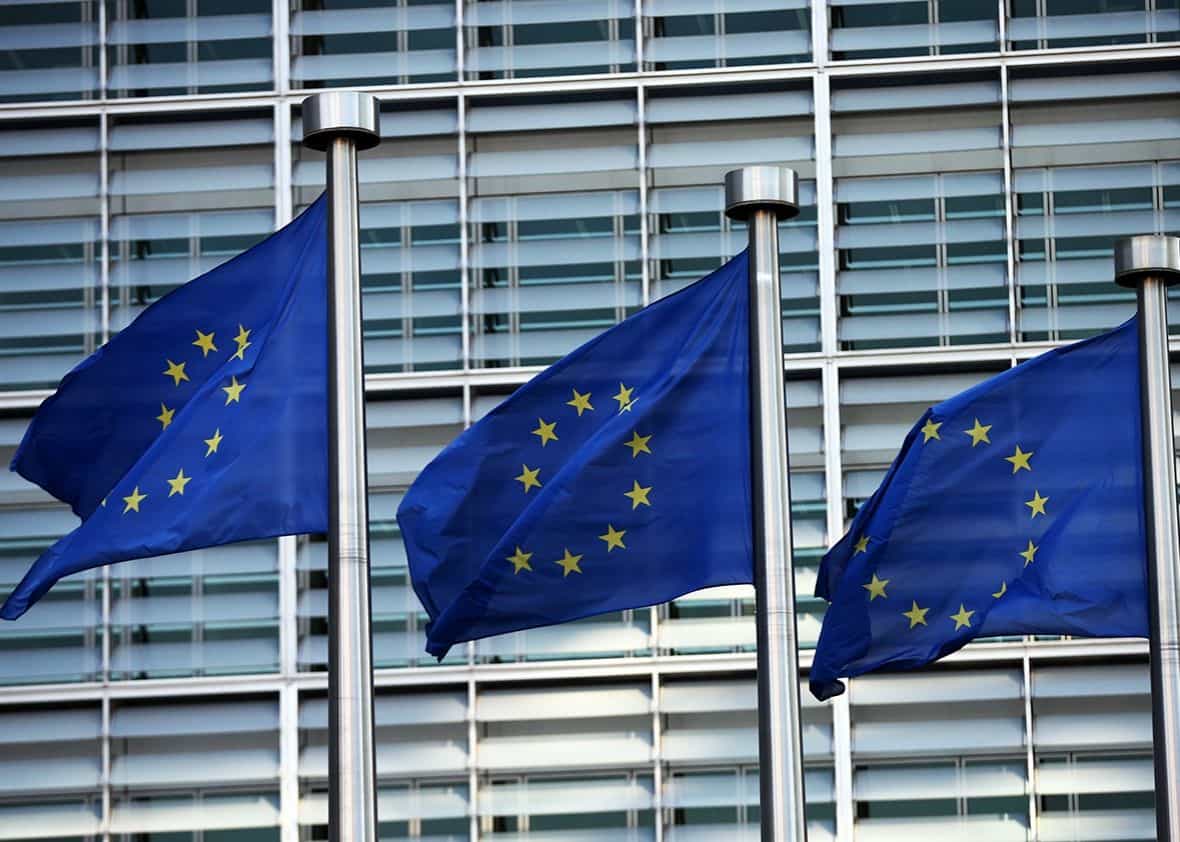The majority of EU nations have committed to a joint defense cooperation, focusing on military operations and investments. Europe is looking to cement unity, especially since Brexit and the election of Donald Trump.
Defense and foreign ministers from 23 European Union countries signed up to a plan to establish the Permanent Structured Cooperation (PESCO), which will allow countries to cooperate more closely on security operations and building up military capability.
EU foreign policy chief Federica Mogherini described the signing of PESCO as a “historic moment in European defense.”
The decision to launch PESCO indicates Europe’s move towards self-sufficiency in defense matters instead of relying solely on NATO. The EU, however, also stressed that PESCO is complimentary to NATO, in which 22 of the EU’s 28 countries are members.
NATO Secretary General Jens Stoltenberg welcomed the launch, saying that he saw it as an opportunity to “strengthen the European pillar within NATO.” Stoltenberg had previously urged European nations to increase their defense budget.
“I’m a firm believer of stronger European defense, so I welcome PESCO because I believe that it can strengthen European defense, which is good for Europe but also good for NATO,” Stoltenberg said.
Who is involved?
Under the scheme, EU member states will be able to develop greater military capabilities, invest in joint projects and increase the readiness of their troops.
- Participation in PESCO is voluntary for all of the EU’s 28 member states
- 23 countries have signed up to the plan
- Ireland, Portugal and Malta are still undecided whether or not to join
- Denmark, which has a special opt-out status, is not expected to participate
- The United Kingdom, which is scheduled to leave the EU in 2019, is not part of PESCO either but can still choose to take part in certain aspects even after Brexit – if that participation is of benefit to the entire EU.
- Those who didn’t sign initially can still join at a later date and countries not living up to their expected commitments could be kicked out of the group.
With the notification signed, a final decision to launch the defense cooperation framework is expected in December.









